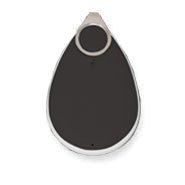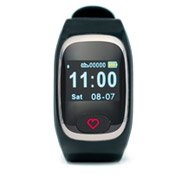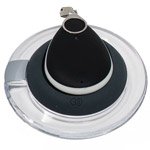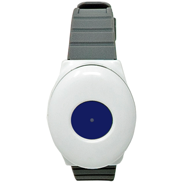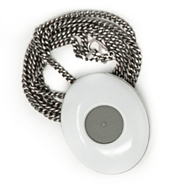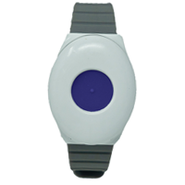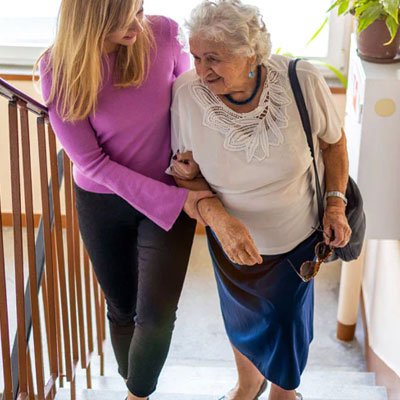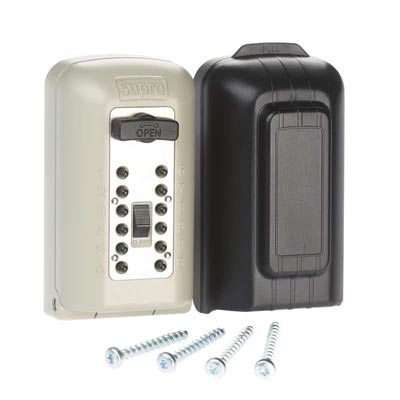Telecare alarms
Telecare alarms are useful to monitor the health and safety of elderly loved ones and provide peace of mind to their loved ones. They encourage older adults to live their life independently while staying connected to assistance whenever needed.
Get Your Falls Risk Score
Every 10 seconds, a loved one in the UK has a fall. Find out your risk score in 2 minutes.

Digital switchover
BT will replace analogue phone lines with digital ones by 2025. Our personal alarm customers will be supported during and after the switchover with our tested product range and digital alarms that don't require a phone line. Read our articles and guides for more information.
Assistive technology
Assistive technology devices can help elderly maintain independence and participate in activities they enjoy, despite health concerns. They can restore peace of mind for family members.
How we can help
The features available with panic buttons for the elderly can vary, so it's important to find the right kind of personal alarm service for your needs, whether it's for yourself or a loved one.
Personal alarms for the home and out-and-about
Have the freedom to maintain an active lifestyle, with reassurance help is available wherever you are.
An Out-and-About Personal Alarm will also work in your home so you can get help from Taking Care's Emergency Resolution Team any time of the day or night.
Not sure which personal alarm to choose?
Call 0800 085 7371, Monday – Friday, 8am - 6pm and Saturday, 9am – 5pm, to speak with a Taking Care Sales Advisor.
Elderly care experts answer biggest questions about telecare alarms
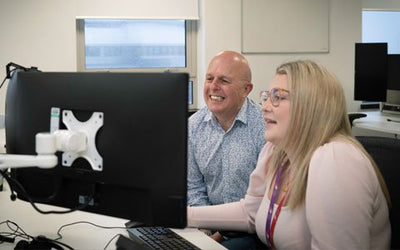
What is a telecare alarm for the elderly, and how does it work?
How can a telecare alarm benefit elderly individuals living alone?
What types of telecare alarms are available?
Where can I compare telecare alarms?
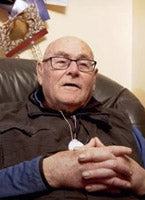
I found the setup process easy, and the helpful Customer Services team helped me whenever needed. I carried out thorough testing across various locations within the house and garden, and the alarm worked perfectly fine.
Steve's out-and-about GPS personal alarm gives him the confidence to remain active in his local community.
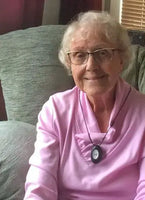
My personal alarm provides me with reassurance - I'm 93 and don't have any family so my alarm gives me the confidence to carry on doing the things I enjoy.
How a Taking Care personal alarm helps Betty to remain active at the age of 93.
